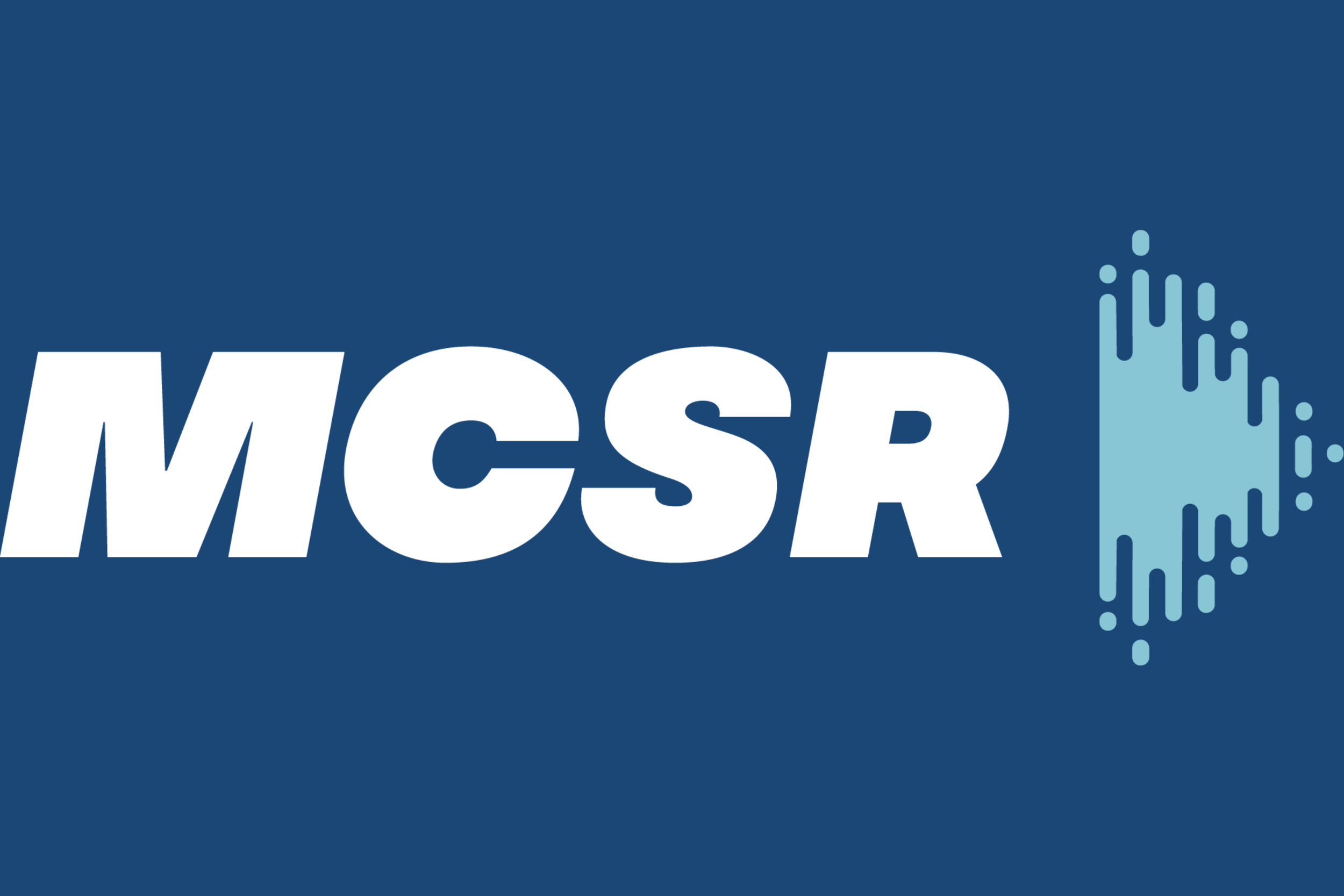Examples of MCSR Workshops & Training Topics
The Real Man, The Strongest Man, and Healthy Masculinity
MCSR has conducted these two exercises – “Real Man” and “Strongest Man” – for thousands of organizations, agencies, and schools across the world. Since MCSR’s beginning, they have served as the foundation of our work on masculinity and the prevention of gender-based violence (GBV). This training helps men and boys critically examine stories about dominant, unhealthy masculinity, and replace them with the power of counter stories and healthy masculinity, creating a safer, healthier world for all.
By the end of this training, participants will be able to:
Explain dominant stories and connect them with unhealthy masculinity
Explain counter stories and their connection to healthy masculinity
Identify the value for men and boys of role modeling healthy masculinity
Explain how healthy masculinity connects with the prevention of GBV
Conduct the Real Man and Strongest Man exercises
Re-imagining Consent: How Healthy Masculinity Can Play a Part in Healthy Relationships
The misinformation men receive about consent from cultural myths and social norms often erases it as a critical part of sex. If it is part of the picture at all, it typically runs one way: males trying to get it and females deciding whether to give it. For MCSR, consent runs all directions. Our revolutionary approach tears down dominant stories of consent and builds on the “yes means yes” model, applying both “getting and giving” to all genders, challenging the misinformation men receive and building an understanding and practice of men’s consent based on healthy masculinity.
By the end of this training, participants will be able to:
Identify examples of misinformation men receive about consent
Explain the limited ways men and boys are taught consent
Use healthy masculinity to broaden and redefine consent
Conduct learning activities that re-educate young men about consent using healthy masculinity
How Healthy Masculinity Keeps the Military Mission Ready
MCSR has developed a Department of Defense (DoD) Sexual Assault Prevention Strategy, created public education campaigns distributed to US military installations worldwide, and conducted hundreds of trainings on military bases across the country. In all of our work with the DoD, mission readiness and sexual assault have been at the center. Sexual assault in the military can create a possible loss of trust in the victim, unit members, or leaders, and affect a unit’s ability to function. Male Service members’ ability to create a team environment and prevent sexual assault can be boosted through characteristics of healthy masculinity, especially social and emotional intelligence.
By the end of this training, participants will be able to:
Explain the toll sexual assault has on mission readiness
Reinforce the idea of acting as a team
Explain how healthy masculinity, mission readiness, and social and emotional intelligence connect with one another
Stress collective responsibility for prevention, and demonstrate bystander intervention
Provide educational tools for SAPR Victim Advocates (SAPR VAs)
Preventing Rape in a Hook Up Culture: Alcohol and Healthy Masculinity
Everyone knows that alcohol consumption is often part of the mix when a sexual assault occurs. But most trainings on alcohol and rape overlook how social norms tied to masculinity and alcohol together create a combustible climate that too often results in rape. Ours doesn’t. Not only do we include a gender lens focused on unhealthy aspects of alcohol and men’s masculine socialization, we positively shake things up by promoting a healthy masculinity that embodies open communication, responsible drinking, bystander intervention, and healthy respect.
By the end of this training, participants will be able to:
Explain the connection between alcohol and sexual assault
Connect alcohol and unhealthy aspects of men’s masculine socialization
Identify how aspects of healthy masculinity are linked to responsible alcohol consumption that benefit all genders
Conduct learning activities that build men’s abilities to practice healthy masculinity, responsible drinking, and bystander intervention
Creating an Equitable, Profitable, and Positive Corporate Culture
Trusted by everyone from the United Nations to the Department of Defense, from Starbucks to Verizon, MCSR’s highly-customizable healthy masculinity trainings can fit any corporate culture. Our trainings meet all employees where they are, help men and women understand healthy professional relationships, and provide understanding of how to be good allies with each other. When corporations approach MCSR to begin a training cycle, we collaborate with your teams about their respective work, build an understanding of the current corporate culture, and determine the right order to engage different employees. A more equitable corporate culture creates a better work environment, which leads to improved profits.
By the end of this training, participants will be able to:
Explain the corporation’s timely processes and protocol
Describe characteristics of healthy masculinity
Connect healthy masculinity with a more positive, team-based, equitable corporate work environment
Hold their work colleagues accountable with empathy and a deeper understanding of each other and their roles
ADDITIONAL EXAMPLES OF Mcsr WORKSHOPS AND TRAINING TOPICS:
Connecting Domestic Violence with Responsible Fatherhood through Healthy Masculinity
How Healthy Masculinity Benefits Men and Boys and Prevents Sexual Assault
From Usual Suspect to Usual Ally: Athletics as Healthy Masculinity Leaders
Where Do You Stand? Healthy Masculinity, Sexual Assault Prevention, and Bystander Intervention
Emotional and Social Intelligence and Healthy Masculinity
Using Story to Persuade Men: Narrative and Healthy Masculinity in the Prevention of Sexual Assault
Rape and Racism: Connecting the Dots to End Oppression
Using Healthy Masculinity and Popular Culture to Engage Men and Boys in Sexual Assault Prevention
Questions? Email training@mcsr.org today for more information.
